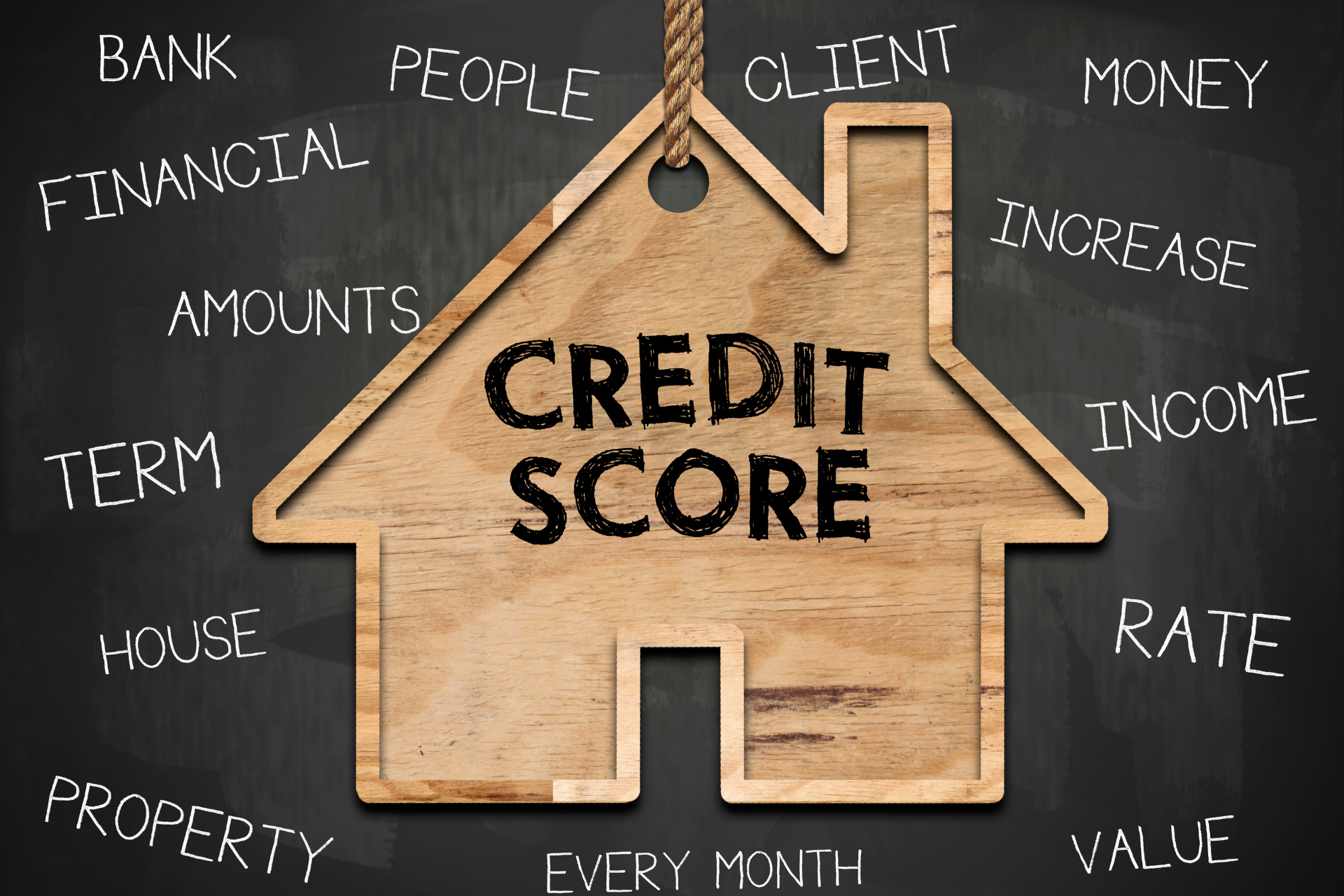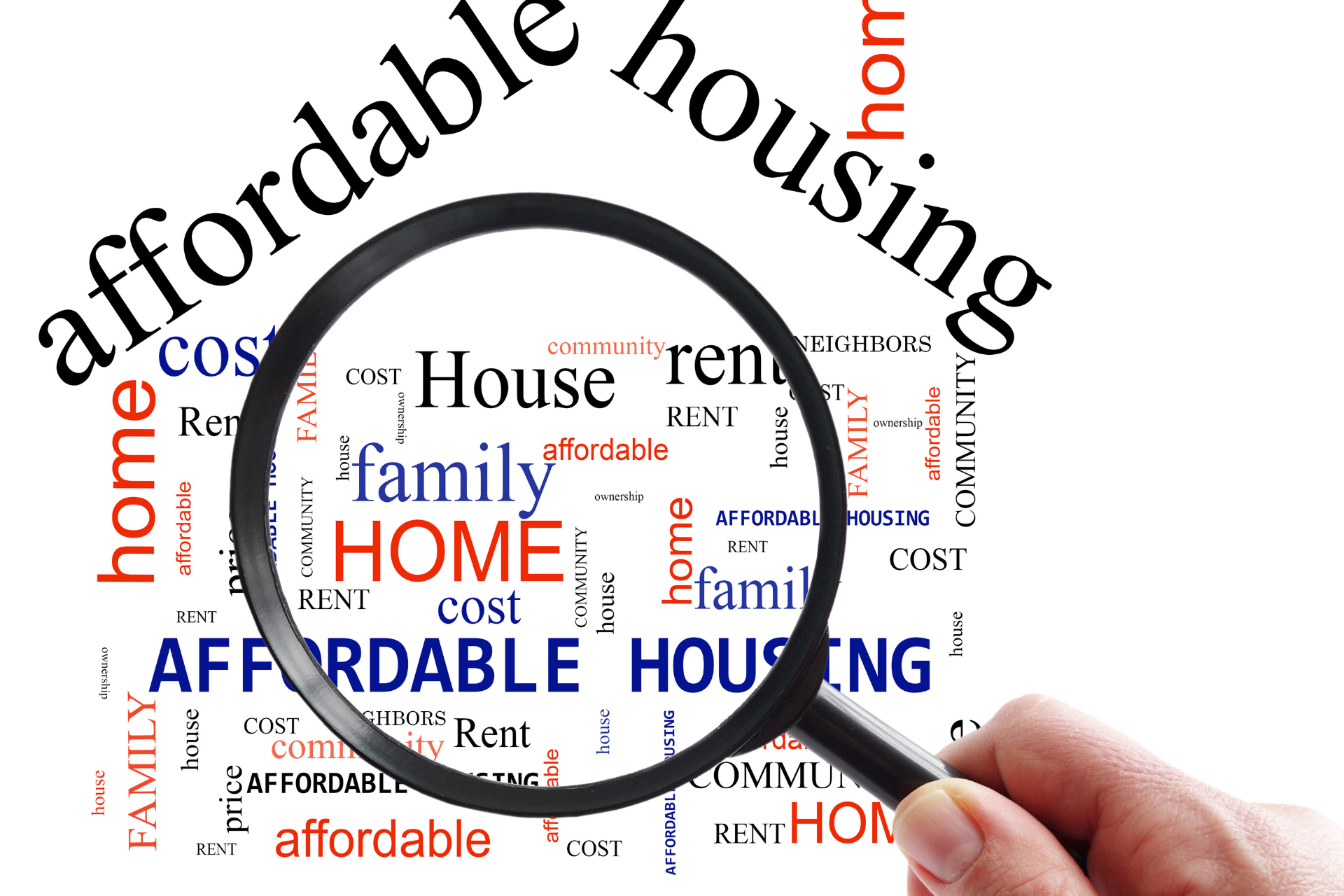Unlocking the Door: Understanding Credit Scores in Real Estate

Unlocking the Door: Understanding Credit Scores in Real Estate
Your dream home is within reach, but before you step through the threshold, there's a key factor to consider: your credit score. In the world of real estate, a good credit score is like a golden ticket, granting access to favorable loans and opening doors to a smoother homebuying journey.

This blog will be your one-stop guide to understanding credit scores in real estate:
Credit Scores: Demystifying the Numbers
Imagine a three-digit number that reflects your trustworthiness as a borrower. That's your credit score, typically ranging from 300 (low) to 850 (high). Lenders use it to assess the risk of lending you money. A higher score translates to a lower risk, making you more likely to qualify for a mortgage and secure a better interest rate.
The Credit Score Impact: A Breakdown
- Mortgage Qualification: Generally, a score above 620 is considered desirable for conventional loans. However, FHA loans might allow scores as low as 580 with a larger down payment.
- Interest Rates: Here's where your score shines! A higher score translates to lower interest rates, significantly impacting your monthly payments and total loan cost over time.
- Beyond Mortgages: Your credit score can influence other aspects of homeownership. Landlords might consider it for rentals, and utility companies may use it to determine security deposits.
Optimizing Your Credit Score for Real Estate Success
So, how can you leverage your credit score for real estate success? Here are some tips:
- Check Your Credit Report: Regularly review your credit report for errors and ensure all information is accurate. You are allowed to obtain one credit report from each of the 3 credit stores, per year. Note, the "free" credit scores are not necessarrily accurate.
- Build a Positive Payment History: On-time payments on existing debts significantly improve your score.
- Maintain a Low Credit Utilization Ratio: This ratio indicates how much credit you're using compared to your limit. Aim to keep it below 30%.
- Seek Help from a Credit Counselor: If you need guidance on managing your credit, consider consulting a professional.
- Seek help from a Mortgage consultant/ Loan officer. Although they can not do much to help your credit, they can advise you, put you on the right path, and even refer you to a credit consultant if it would help.
The Road to Your Dream Home: Taking Action
Understanding your credit score empowers you to make informed decisions in the real estate market. Here's what you can do:
- Request a Free Credit Report: You're entitled to a free credit report from each major credit bureau annually.
- Set Realistic Goals: Aim for steady improvement rather than overnight miracles.
- Work with a Mortgage Lender: A qualified lender can provide personalized advice based on your credit situation and loan goals.
Categories
Recent Posts










